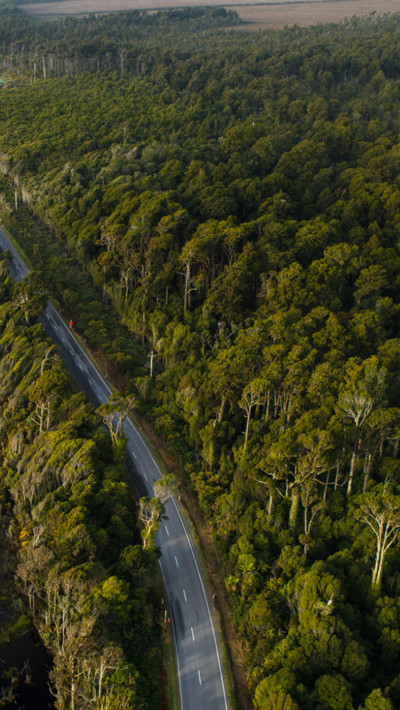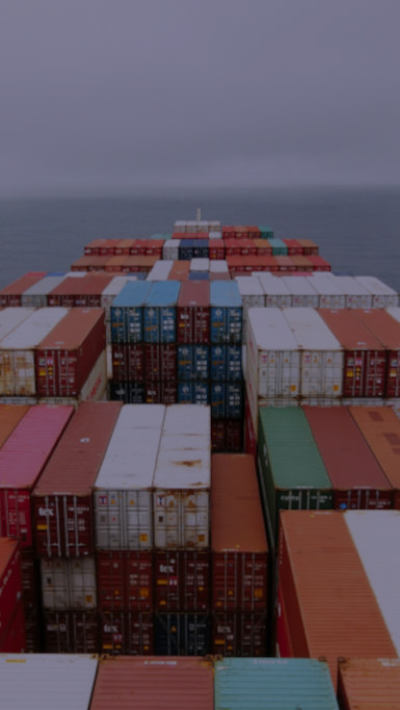Speak to our experts
Contents
The government has announced it will commence drafting modern slavery legislation so that this can be introduced within six months.
Modern slavery legislation has had cross-party support to date, with the National party calling for faster action. The government’s proposal steps back significantly from the proposal consulted on last year. Similar to the Australian legislation, the New Zealand legislation will establish a public modern slavery register and require organisations with annual revenue over $20 million to report on the actions they are taking to address exploitation risks in their operations and supply chains.
The announcement follows calls from business and NGOs, a recommendation from the Parliamentary Petitions Committee and a 2022 consultation on proposed legislation completed by the Ministry of Business Innovation and Employment (MBIE). Our summary of the proposed legislation is here and comment on the mounting pressure to introduce modern slavery legislation here.
Minister for Workplace Relations and Safety, the Hon. Carmel Sepuloni, has stated that the proposed legislation and public register will be among the world’s strongest reporting systems for tackling modern slavery.
The content of the legislation – a step back from due diligence and response requirements
The key focus of the incoming legislation will be mandatory reporting of actions taken to address modern slavery and exploitation, for entities with annual revenue over $20m.
The proposal that MBIE consulted on last year included additional obligations which are being deferred. MBIE’s proposal last year had included mandatory due diligence obligations and a requirement that reporting entities take reasonable and proportionate action in response to modern slavery issues.
The table below shows which aspects of MBIE’s proposed legislation that were included in last week’s announcement:
|
Obligations as proposed by MBIE |
Inclusion in last week’s announcement |
|
Obligation to take reasonable and proportionate action if the entity becomes aware of modern slavery in its operations and supply chains |
No: Not presently included |
|
Mandatory modern slavery due diligence obligation (including, for entities with annual revenues over $50m, across all international supply chains) |
No: Not presently included |
|
Mandatory annual disclosure of the steps the entity is taking to address modern slavery (only entities with annual revenues over $20m) |
Yes: Included |
Minister Sepuloni noted that the “due diligence” and “take action” components of the proposed graduated responsibilities will remain a priority and the current Labour government is “committed to progressing this work for future decisions”.
This proposal would bring the New Zealand modern slavery scheme closely in line with the current Australian regime (which is subject to review, as described further below).
Legislation to be introduced after election
The legislation will take approximately 6 months to be drafted and will not be ready to be introduced to parliament until after the election.
Given the National Party’s reiteration of its support, the introduction of modern slavery legislation in some form will likely proceed regardless of the outcome of the election.
International drivers and trade influence announcement
The Minister highlighted trading relationships as being relevant to New Zealand’s progress on modern slavery. The government committed to taking steps to prevent modern slavery in its recently signed Free Trade Agreement with the United Kingdom, and commits to promoting responsible business as per the OECD guidelines in its recently announced FTA with the European Union.
Ratcheting up Australian and UK modern slavery legislation
The proposal presented last year by MBIE was based on existing Australian and UK models (key differences explained here), both of which are subject to proposals intended to enhance the effectiveness of the regimes.
The Australian regime underwent a review that was published in May 2023. The recommendations resulting from that review include:
- lowering the reporting threshold from $100M to $50M consolidated revenue for the reporting period;
- requiring entities to report on modern slavery incidents or risks;
- requiring reporting entities to have a due diligence system in place;
- expanding the remit of Australia’s federal Anti-Slavery Commissioner.
In the UK, the government has indicated that it plans to introduce a Modern Slavery Bill during this parliamentary session to update the UK’s original 2015 legislation, to cover:
- Mandating reporting areas within annual modern slavery statements;
- Requiring organisations to publish their statements on a government-run registry
- Introducing civil penalties for organisations that do not comply with the requirements; and
- Ensuring law enforcement agencies have stronger tools to prevent modern slavery occurring.





















































































































































